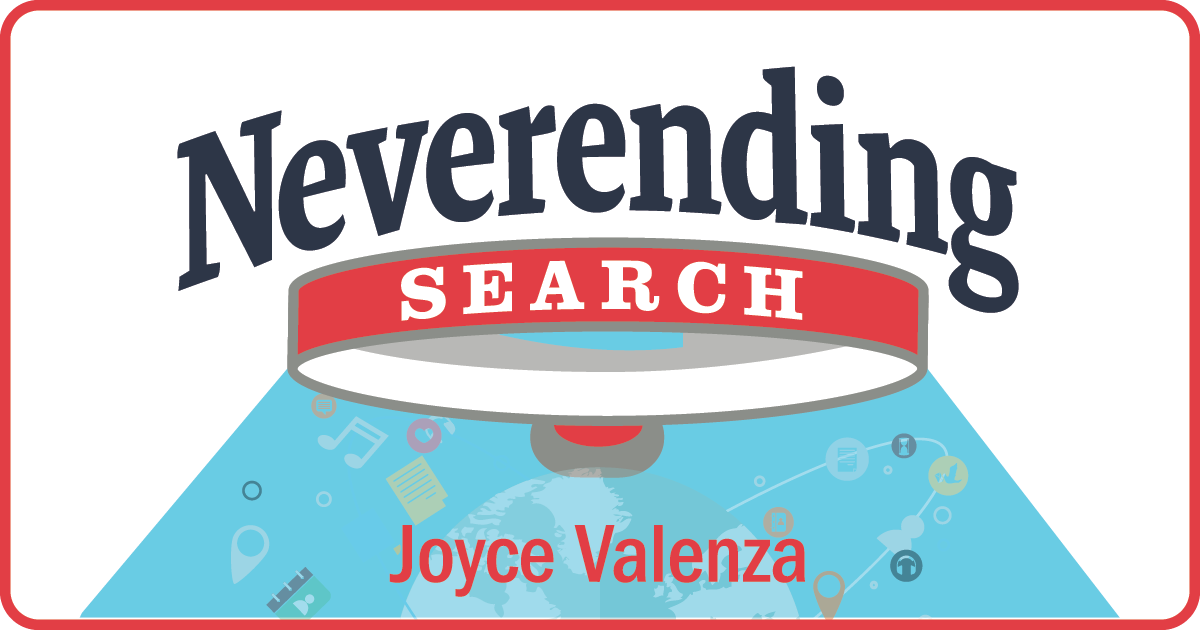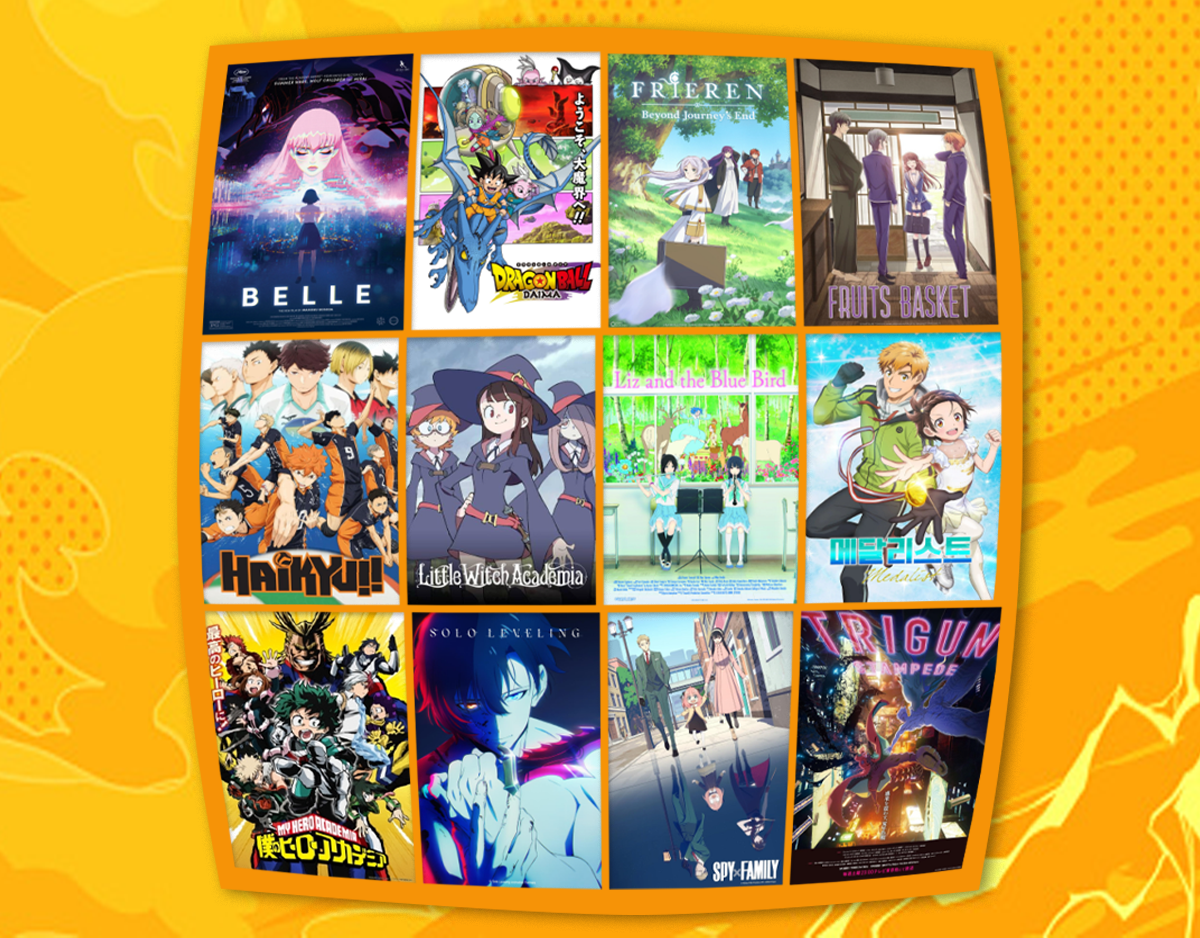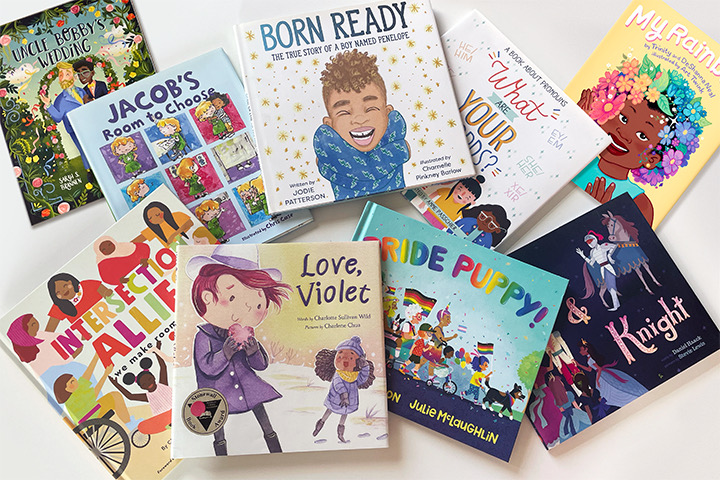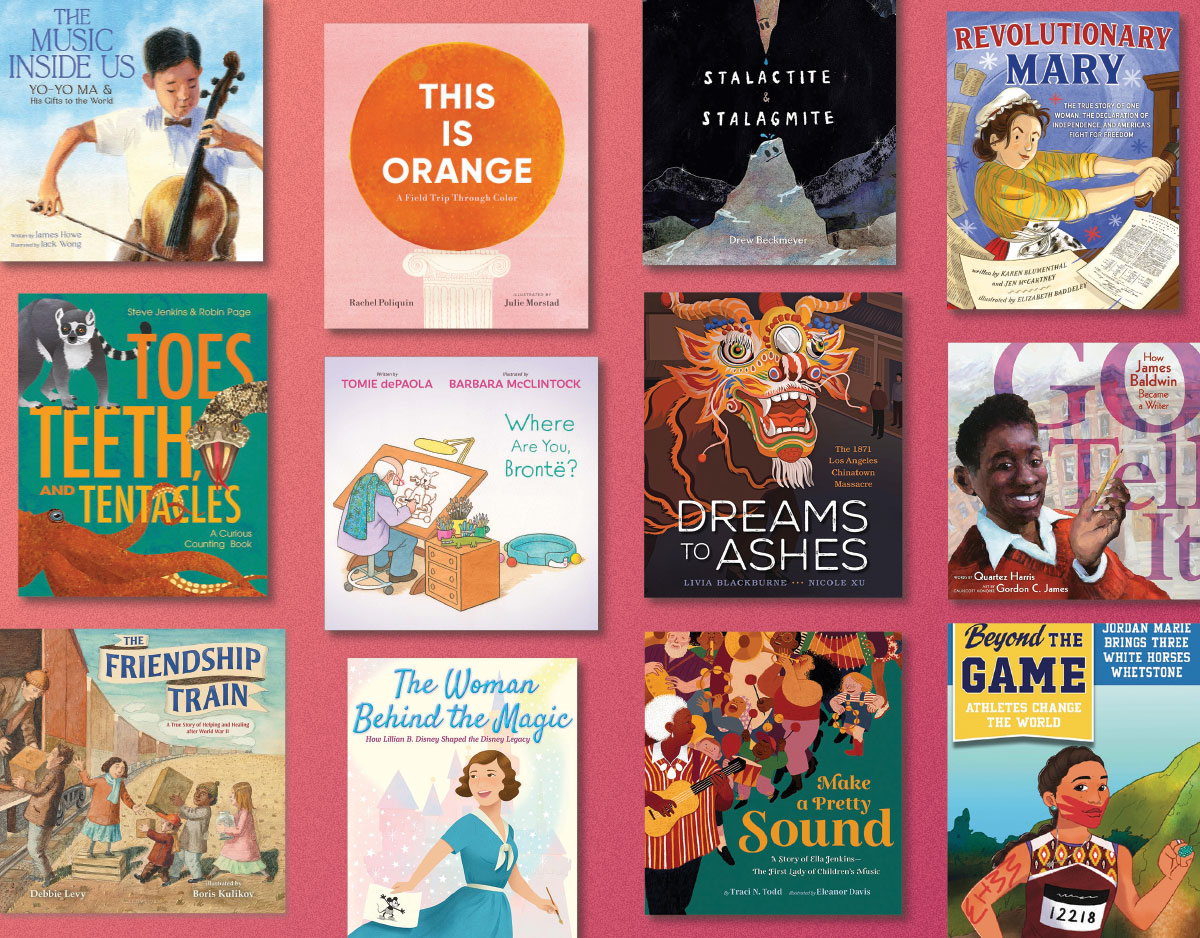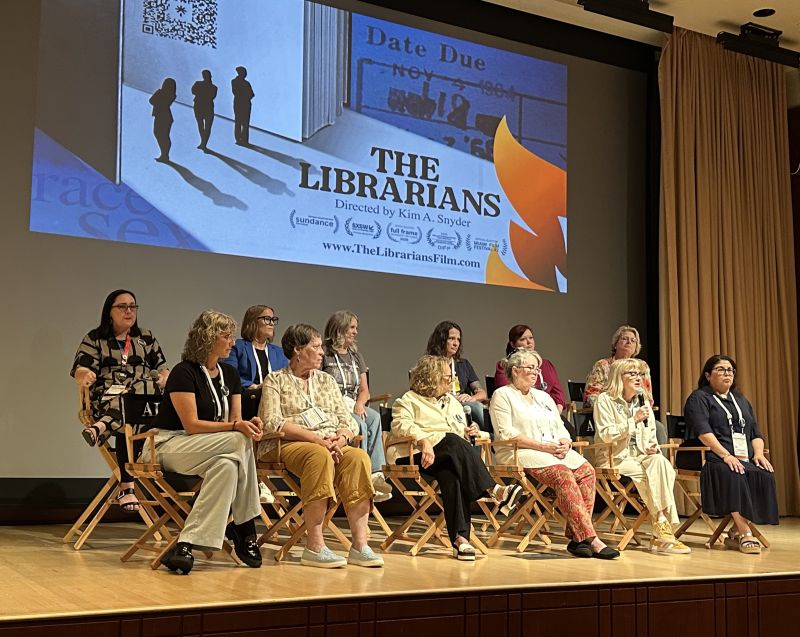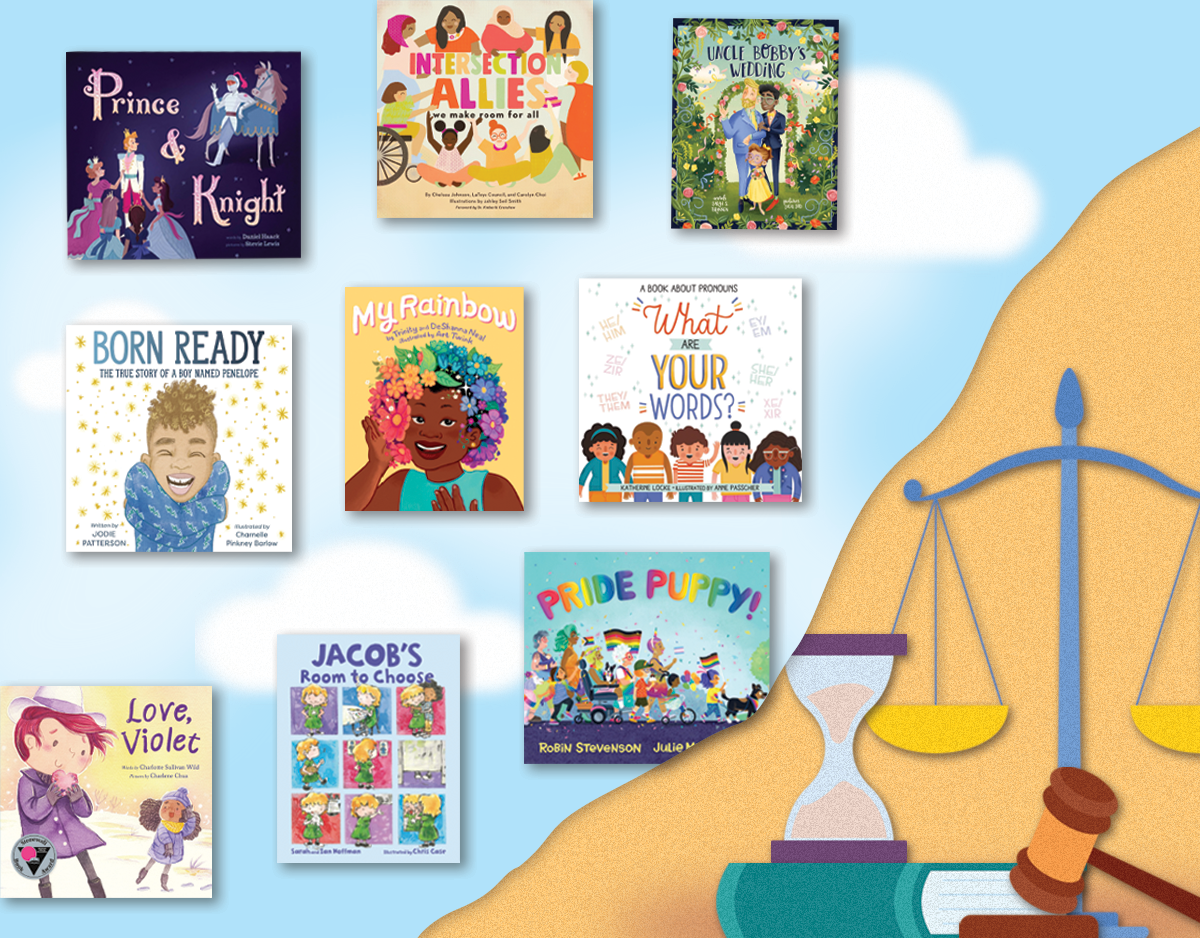SCROLL DOWN TO READ THE POST
Give me some credit, please! (Exploring plagiarism through a series of clever case studies by Jen)
 I am usually pretty darn proud of my MLIS students’ work. In going through my grad students’ final workshop presentations this semester, I found one just too useful not to share. So I asked for permission.
I am usually pretty darn proud of my MLIS students’ work. In going through my grad students’ final workshop presentations this semester, I found one just too useful not to share. So I asked for permission.
Jennifer Bigioni is now the School Library Media Specialist at Princeton (NJ) High School.
Designed as a professional development experience for secondary teachers, Jen’s workshop has school-wide value for opening conversations about academic honesty. Her GoAnimate videos are deceptively simple, but they are packed with nuance and provocative questions and they address the issue systemically.
ADVERTISEMENT
ADVERTISEMENT
Jen describes the thinking behind the workshop:
As a social studies teacher, students’ plagiarism was always an issue for me. I would teach students how to cite, when to cite, and how to quote and paraphrase. I used digital tools, like Turnitin to encourage academic honesty. I allowed students to view their own reports so that they every opportunity to avoid plagiarizing. And, yet, alas, they did it still. Even with the very severe penalty of a zero for a plagiarized assignment, they did.
Now, as the school librarian, it is my responsibility to make sure that the entire school community avoids plagiarizing. I now realize, I cannot conquer this issue alone. This attack requires a cultural shift.
Why is taking plagiarism on so important a task? Plagiarism is troublesome for several reasons.
First, in the societal realm, plagiarism is stealing. It is theft of someone’s idea; it is theft of someone’s words.
Second, pedagogically, it prevents teachers from being able to properly assess what students know and the depth of that understanding. It prevents true learning.
Third, plagiarism has multifaceted causes and each needs to be addressed before one can expect to prevent it.
Fourth, prevention requires a system-wide approach; one educator on a crusade will quickly find it is ineffectual. A whole school, however, may find it possible to defeat plagiarism, resulting in a heightening of its moral culture and the realization of a rich, corresponding learning outcome.
Based on a series of lectures provided by TurnItIn.com during Plagiarism Awareness Week, I created a set of realistic, animated scenes (GoAnimate), interspersed with discussion points on Google Slides, designed to be used with teachers during a faculty meeting or short in-service, dependent on time allowed for discussion. It would be best if administrators were also included. With some minor tweaks, these animations could be used with students. The purpose of the training is to draw educators’ attention to the myriad, complex reasons behind a culture of plagiarism, to their role in addressing them, and to provide mechanisms to ensure that academic honesty might become the normative culture of a school
YouTube video of the presentation with embedded GoAnimated scenes
GoAnimate scenes:
Filed under: ethics, plagiarism, school culture, video
About Joyce Valenza
Joyce is an Assistant Professor of Teaching at Rutgers University School of Information and Communication, a technology writer, speaker, blogger and learner. Follow her on Twitter: @joycevalenza
ADVERTISEMENT
SLJ Blog Network
Name That LEGO Book Cover! (#65)
Fuse 8 n’ Kate: Goin’ Someplace Special by Patricia McKissack, ill. Jerry Pinkney
What Was Built to be a Ship of Dreams | This Week’s Comics
Heavy Medal Suggestions: 73 Titles and Counting
Fast Five Interview: Keith Ward, Karl Buechner, and Jeremy Mueller: Three Voices, One Epic Adventure
The Classroom Bookshelf is Moving
ADVERTISEMENT
ADVERTISEMENT

